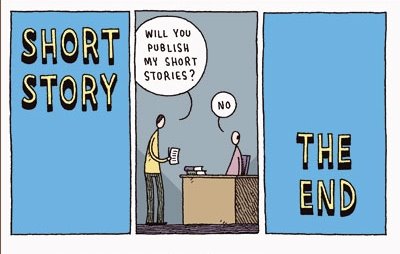
At some readings, you can reasonably expect some form of protest. For example, when Salman Rushdie came to Houston, a few picketers talking about his defamation of Islam stood around the theater where he read. Some protests take you by surprise, however: a handful of people came out to condemn Dave Eggers for profiting from the pain of others. I half-expected to see a few protesters to emerge for Elias Khoury and Sinan Antoon, given their pro-Palestinian leanings, but alas, I was disappointed. I was also slightly late, so maybe that had something to do with it too.
The authors' new works deal with imprisonment -- an important sub-genre of Arabic literature, Khoury says -- and the ways in torture and oppression destroy and recreate the imagination. Antoon's work had a much more playful quality to it: in the hero's imaginings, the Arabic alphabet gambols and trades dots or become leaves falling from trees. The playfulness, of course, underscores that these are fever dreams borne of torture.
Khoury's new novel, Yalo, has a much more somber tone and carried more emotional resonance. In the process of writing his life story (an actual torture technique, according to Khoury), the title character must reconcile his language (Syriac, an Eastern offshoot of Aramaic) and own personal narrative with the language and narrative which his captors wants him to use. Khoury read from the English translation of his work, and at times stumbled over words; I wonder, then, if he would have done a better self-translation. But perhaps that's not his forte. Lord knows, I have trouble translating my own thoughts into something resembling standard English. And I think in English; that's how bad it is.
Still, with all the talk of torture and imprisonment and pain -- never had I read such a poetic rendering of what sounds like a horrific experience with a Coca-Cola bottle -- Khoury still found time for levity. He explained the difference between the Syrian and the Ba'athist Parties: the Syrian Ba'athists persecute writers, and the Iraqi Ba'athists persecute readers. The audience tittered gently, and I thought, Hoo boy, I'd be screwed.






